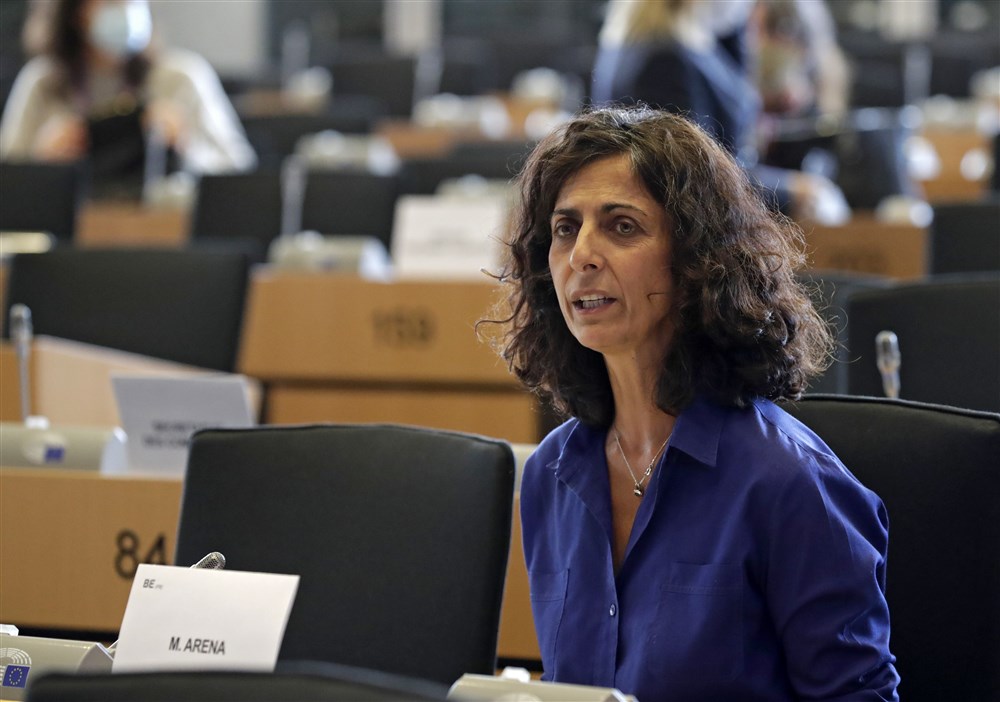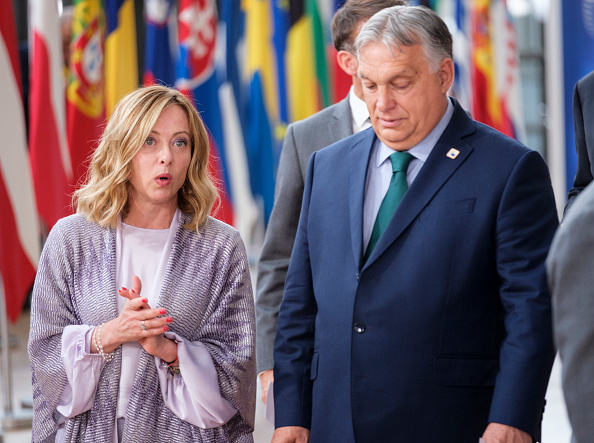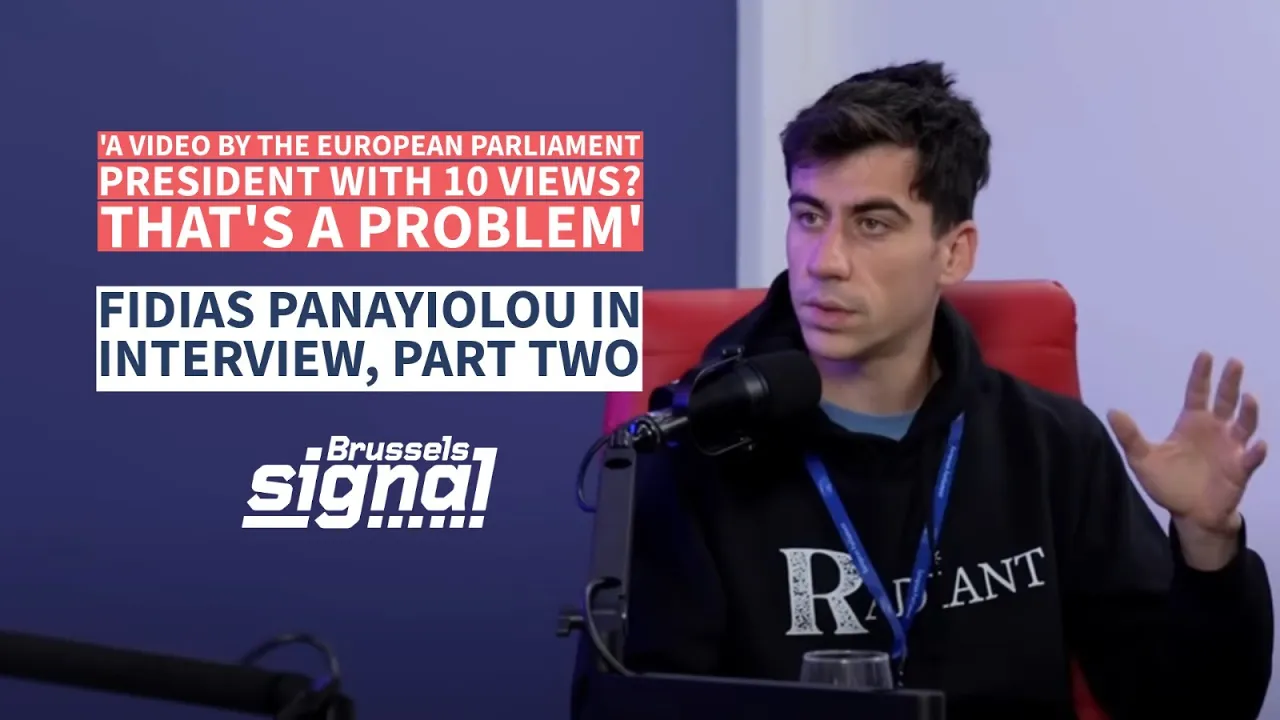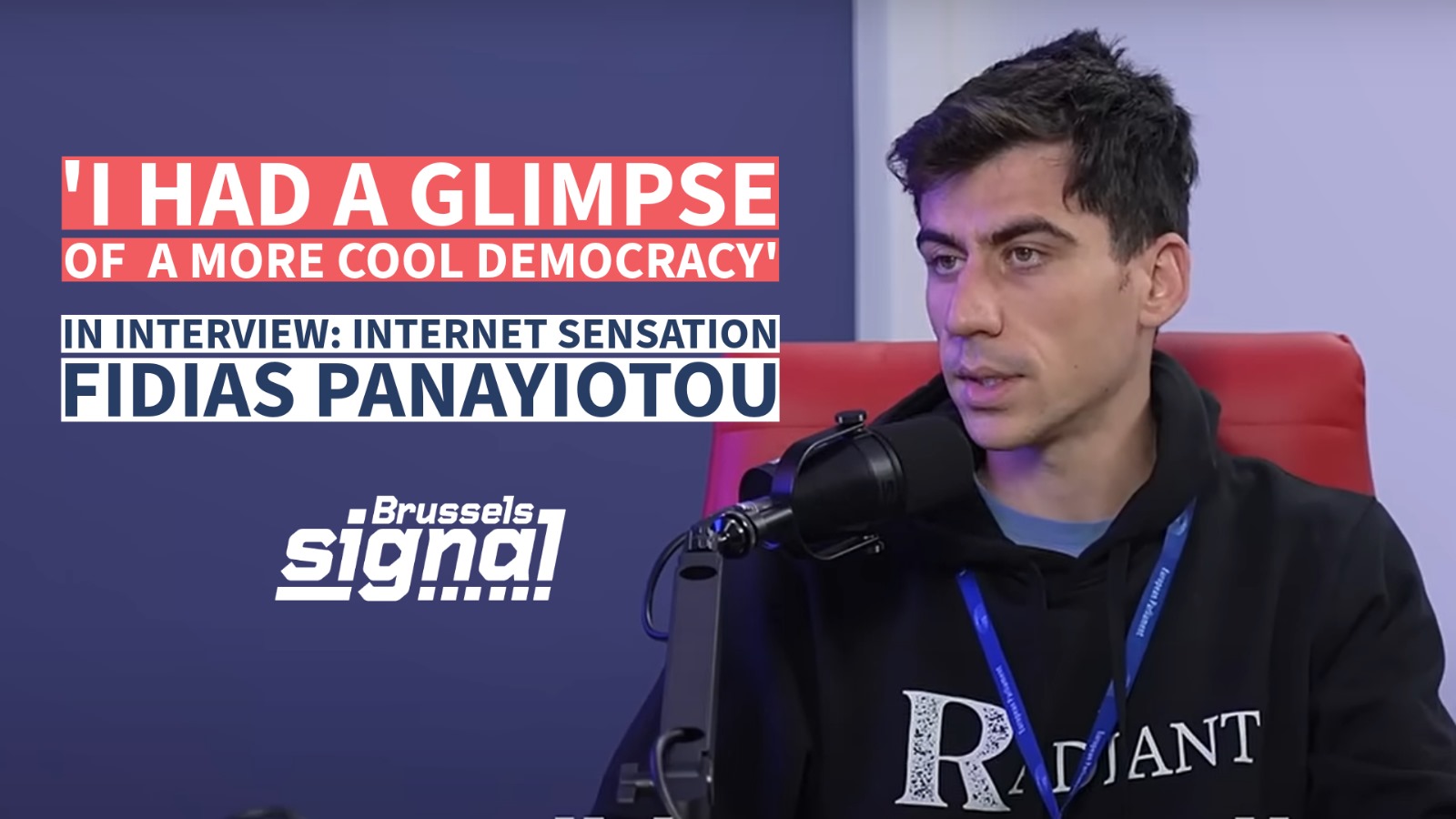Hungarian Prime Minister Viktor Orbán is expected to arrive in Moscow on July 5, a move that has both surprised and angered other EU leaders.
Orbán, who was earlier this week said to be visiting “Turkic states”, is set to meet with Russian President Vladimir Putin just days after meeting Ukraine’s Volodymyr Zelensky amid a new Hungarian-led drive for a ceasefire in the war.
He has been the holder of the rotating EU Council Presidency for less than a week. His government, which this week has hosted around 50 journalists in Budapest, has said that it would use the six-month presidency to advance its priorities, one of which is “peace”.
His defence minister refused to confirm rumours of the visit on July 4, saying he had “no information”. Press handlers suggested he might be in Azerbaijan, where Hungary has secured gas field interests in an attempt to break dependency on imported Russian hydrocarbons.
The EU Presidency “has no mandate to engage with Russia on behalf of the EU,” Charles Michel, president of the European Council, said on X.
“The European Council is clear: Russia is the aggressor, Ukraine is the victim. No discussions about Ukraine can take place without Ukraine”.
Hungary has over the last two years refused to follow other EU states in providing weapons to Kyiv. It has also secured an opt-out from NATO plans to coordinate aid, and is holding up cash for the EU “peace facility” — a fund designed to reimburse EU nations that provide weapons to Ukraine — due to an ongoing dispute with Brussels about delayed recovery funds.
While emphasising it is prepared to act as an “honest broker” during its EU Presidency, relations between Budapest and the EU institutions could not be much worse. Hungarian officials and Commission officials have failed to meet in the run-up to the presidency, citing “diary issues”. Budapest says its attempts to move away from Russian gas have been hampered because Brussels is holding up “recovery fund” money.
Minister Zoltán Kovács accused the Commission on July 4 of continuing “blackmail”. The Brussels executive, which did release around €10 billion in frozen funds at the end of last year, is refusing to release any more despite Hungary’s best attempts to comply with demands, ministers told journalists at off-the-record briefings. In some cases the Commission has delayed taking any decisions for more than three months, it is claimed.
The Hungarian Government emphasises that it condemns Russia’s invasion of Ukraine but says its refusal to provide weapons is based on its own country’s “strategic interests”.
Minister Kovács said on July 4 that the number of dead in Ukraine, both civilian and military, could have exceeded a million.





